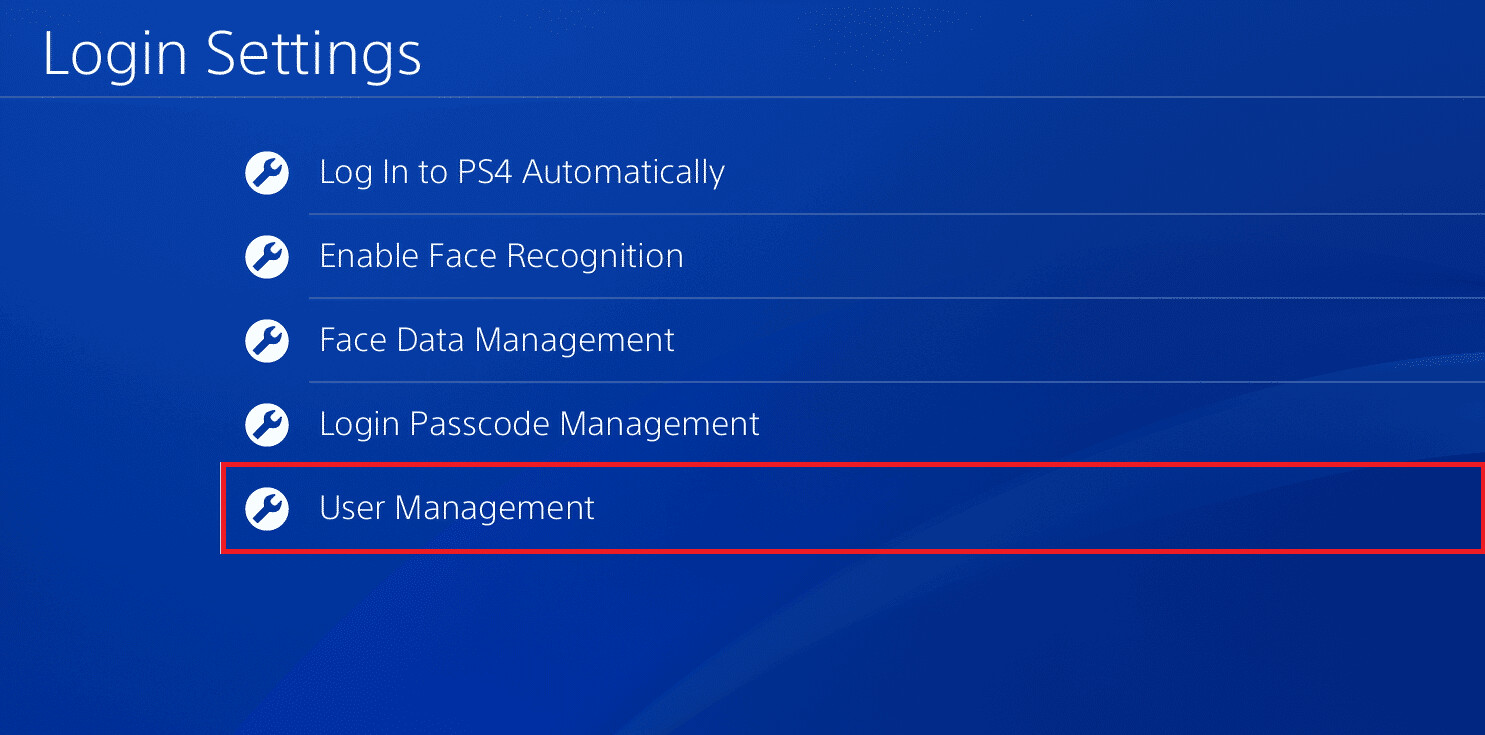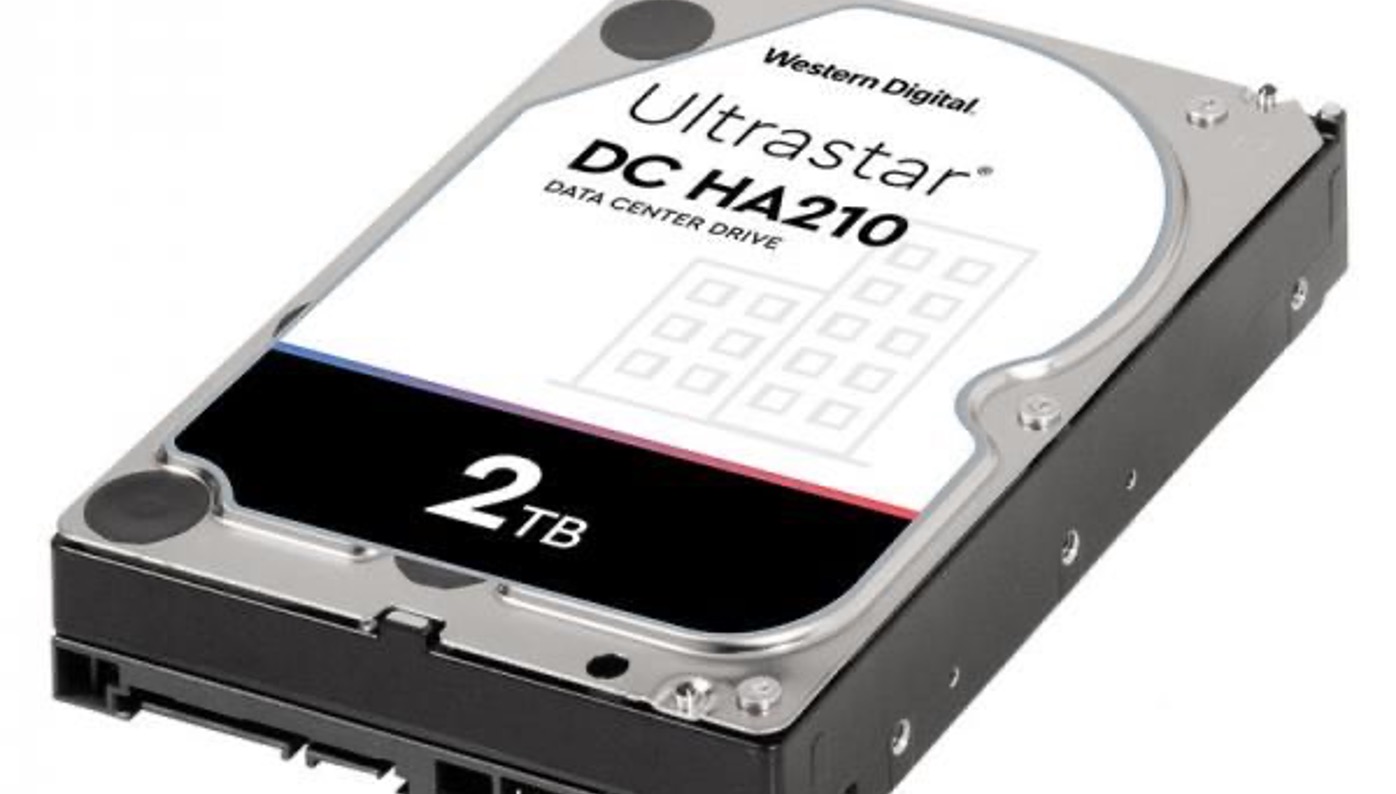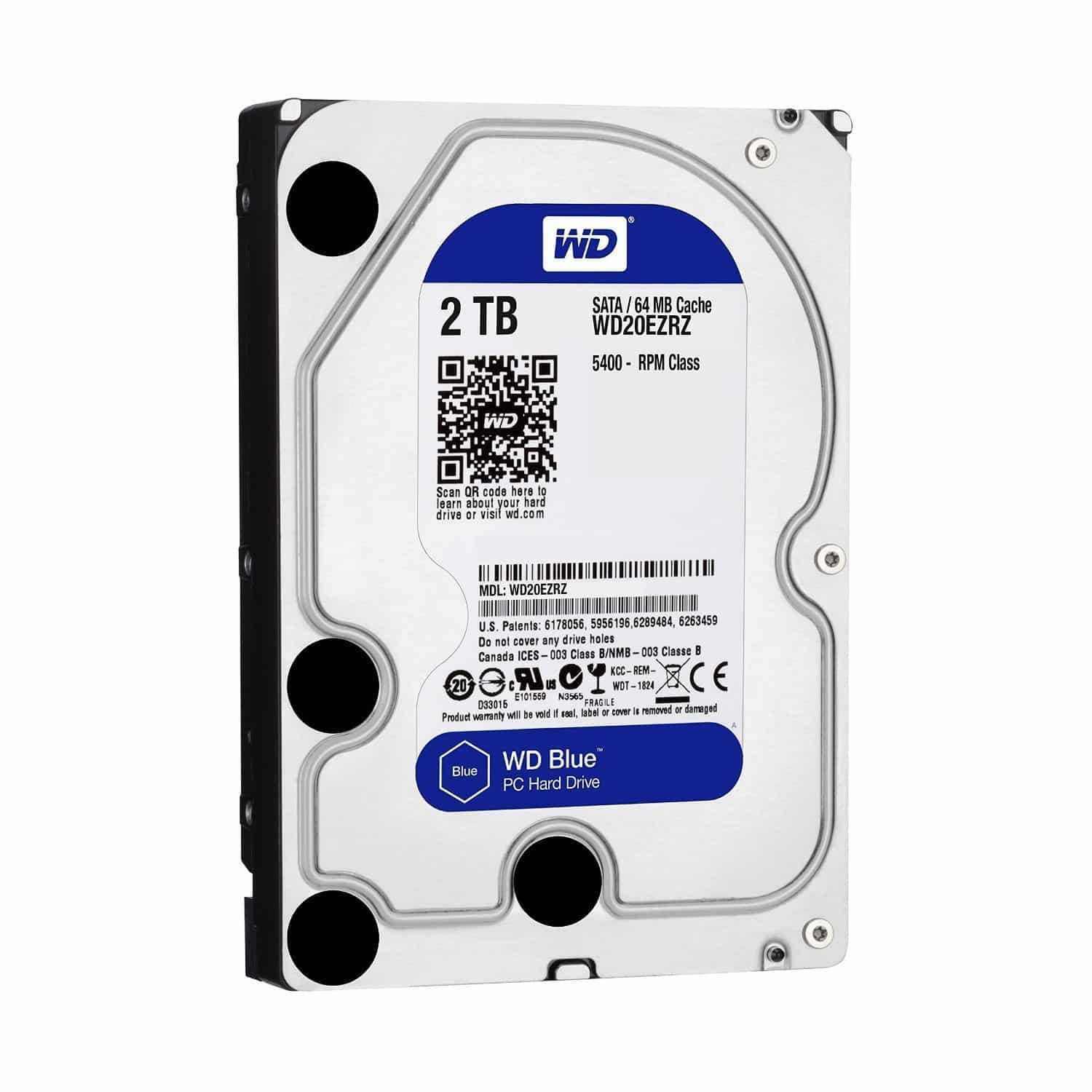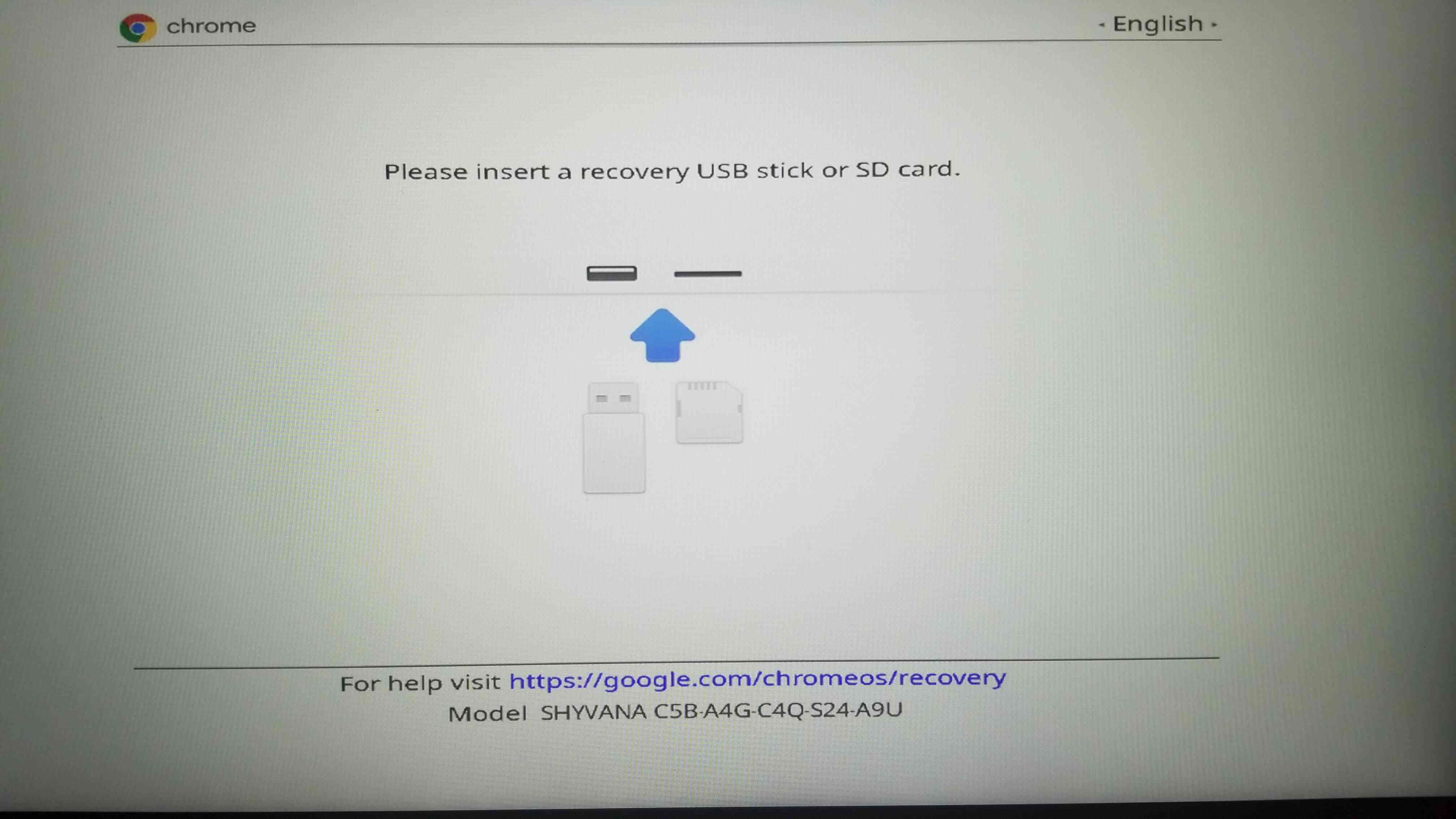Proxies are known as the best choice when it comes to changing your IP address for various data collection and privacy tasks. With a few clicks, you can route your internet traffic through a proxy server, and anyone who wants to restrict your access or track you will have a hard time.
The choice between different proxy types is not that well known. Most users simply look for the cheapest option or are convinced by marketing tricks. Here, I will uncover the upsides and downsides of Datacenter proxies so you would know whether you need one.
Data Centers
The name of Datacenter proxies comes from the place where these proxies are housed – data centers. Simply put, these are physical facilities full of sophisticated network equipment (routers, servers, switches) and services that communicate between one another and the World Wide Web.
Such centers, being commercial, use business-tier internet connection, which is much faster than the one your internet service provider (ISP) gives to residential homes. The speed is needed as data centers are used for storing data, running various applications applications, or hosting websites.
The modern data center is much different from what it used to be at the dawn of the internet. A lot of processes are now managed and created virtually. Virtual machines are created on servers to distribute the workload better and create complicated networks of equipment.
It all enables better performance for the data center but drastically changes how a proxy setup in such an environment functions.
Datacenter Proxies
A proxy is an intermediary server that can route the requests of the client. So, instead of connecting to websites or services directly, a person with proxy access can route his requests. Such a process changes the IP address and location visible to the website’s server. It can only see the IP address of a proxy server.
Data centers are great for sourcing proxy IP addresses. Providers can achieve high performance and easily manage thousands of datacenter proxy IP addresses in one place. One customer can access many IP addresses and perform even the most demanding tasks without much loss in efficiency.
Since data centers these days function based on virtual machines, datacenter proxies are also created virtually. One server usually houses thousands of IP addresses, which means that they all are quite similar, which allows websites to recognize them.
This process of creating datacenter IP addresses lowers the upkeep of datacenter proxies, as providers do not need to look after a physical device behind each IP address. For the same reason, these IP addresses do not have a physical location that is verified by the ISP.
Datacenter vs Residential
When you want to set up a home internet connection, you must contact your ISP and ask him to assign an IP address to your address. If you ever move to a new house, the same provider will verify a different IP address specific to that location.
Such IP addresses are called residential, and you can set up residential proxies with such IP addresses. Such proxies run on ISP-verified connections and physical devices that must always be running.
It increases their legitimacy since websites are less likely to think you are using a proxy. Datacenter proxies do not have such rigorous setup proxies, but, at the same time, they are much faster as their performance isn’t bound by household network equipment or slow plans of residential ISPs.
It’s common to purchase one residential proxy and use it for long sessions, as you can target precise locations and stay undetected. Datacenter proxies are more commonly used in large pools while rotating multiple IPs.
In general, residential proxies are better for tasks where you need more privacy, but speed isn’t a big issue. Datacenter proxies, on the other hand, are better when you need fast speed and don’t mind the website sending you CAPACHAS or possibly restricting your connection.
Benefits of Datacenter Proxies
Speed is the main advantage of datacenter proxies. They are the most reliable to work without any interruptions, as they run on commercial-tier equipment and can achieve the highest bandwidth speed. Residential proxies are no match for them in this regard.
Scalability is the second most important reason to choose datacenter proxies. Purchasing many of them and adding to your already existing pool is not only cheap but also ensures that you won’t use much performance.
The price of datacenter proxies gets lower the more you purchase them. They are priced per IP as opposed to residential proxies, where you will be to pay for the bandwidth used. So, if your project is growing fast, you will easily be able to get more of them for rotation.
Drawbacks of Datacenter proxies
There are only two reasons why datacenter proxies might not be the best option for you. Since datacenter IPs are created in bulk, some websites have extensive lists of such IPs and may have banned your dedicated datacenter IP even before you started to use it.
Another downside of datacenter proxies is the location targeting capabilities. Residential IP addresses, being ISP verified and run on physical devices, can target locations even on the city or neighborhood level. Datacenter proxies are limited to where the datacenter is, which usually only provides an accuracy of country.
Best Use Case of Datacenter Proxies
Web scraping is the process of using automated software (scraper bots) to automatically collect online data. Since bots can download high quantities of information, high-performing datacenter proxies are needed to avoid IP bans but keep the download times short. Datacenter proxies are best when web scraping for specific needs:
- Market research
- Price monitoring
- Competitor monitoring
- Online brand protection
- SEO Monitoring
- Lead generation
Conclusion
The upsides and downsides of datacenter proxies are clear. They are best for when you need the fastest performance and great scalability, but legitimacy and location targeting are not a priority. If your intended use case is closed, you should consider datacenter proxies.

























